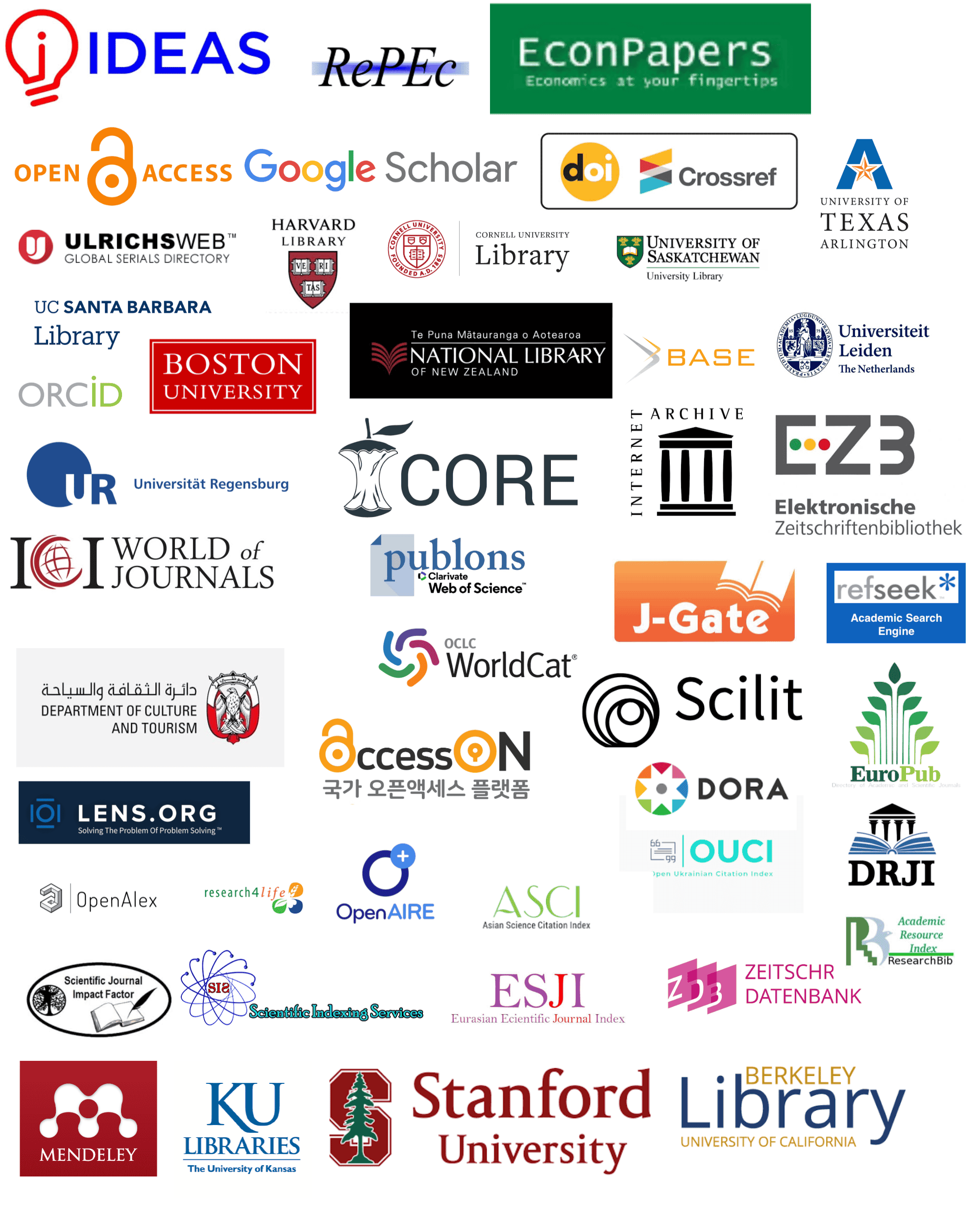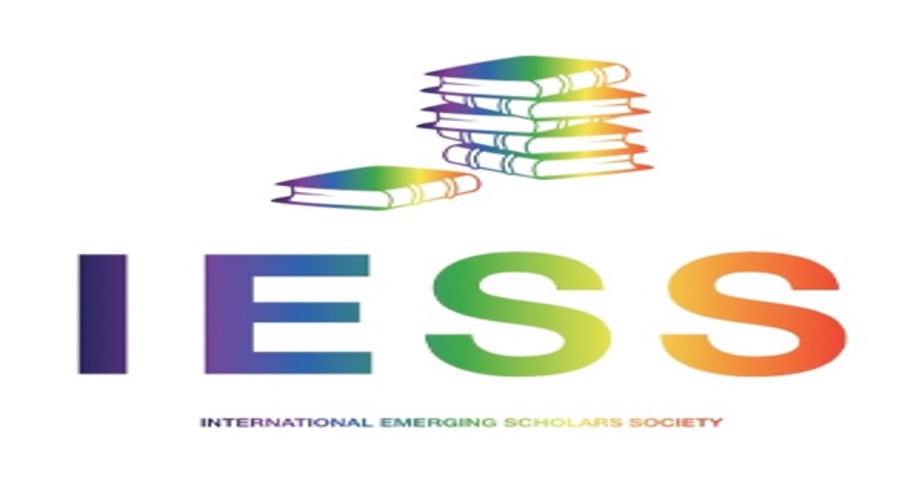Debt trap among native working-class South Africans: A socio-economic reality
DOI:
https://doi.org/10.56879/ijbm.v4i2.201Keywords:
Debt trap, financial illiteracy, household debt, consumer behaviour, unsecured credit, cultural spendingAbstract
This conceptual study explores the persistent debt trap encountered by Native working-class South Africans, grounded in a complex interplay of colonial injustices and contemporary socio-economic challenges. The aftereffects of apartheid, including forced removals, the Bantu Education system, and systemic exclusion from formal employment, have left many individuals without generational wealth, financial literacy, or access to stable economic opportunities. These structural disadvantages have created fertile ground for chronic indebtedness and economic vulnerability. In the post-apartheid era, while employment opportunities have gradually expanded, financial hardship remains widespread due to limited financial education, impulsive spending behaviours, and cultural norms that prioritise social obligations and status-driven consumption. This conceptual study draws on secondary sources and informal community narratives to illustrate how poor financial management practices, the imitation of Western consumer culture, and reliance on unsecured credit, including informal loans such as EMI and retail store cards, often lead to blacklisting and exclusion from formal financial systems, thereby pushing individuals deeper into cycles of informal borrowing. Behavioural patterns such as prioritising luxury goods over basic needs, susceptibility to scams, and gambling as a coping mechanism exacerbate the debt spiral. To address this crisis, the study advocates for the implementation of comprehensive financial literacy programs within schools, workplaces, and community structures. It also suggests the revitalisation of traditional savings mechanisms such as stokvels, integrated with modern financial education to promote resilience. Ultimately, breaking the debt trap requires a coordinated, multi-dimensional strategy that addresses both structural inequalities and behavioural tendencies. Only through inclusive policy reform, education, and cultural transformation can long-term financial stability be achieved for South Africa’s Native Working-Class population.
Downloads
Published
Issue
Section
License
Copyright (c) 2025 Noor Suhairiya Pazhaya Puthen Veettil (Author)

This work is licensed under a Creative Commons Attribution 4.0 International License.


